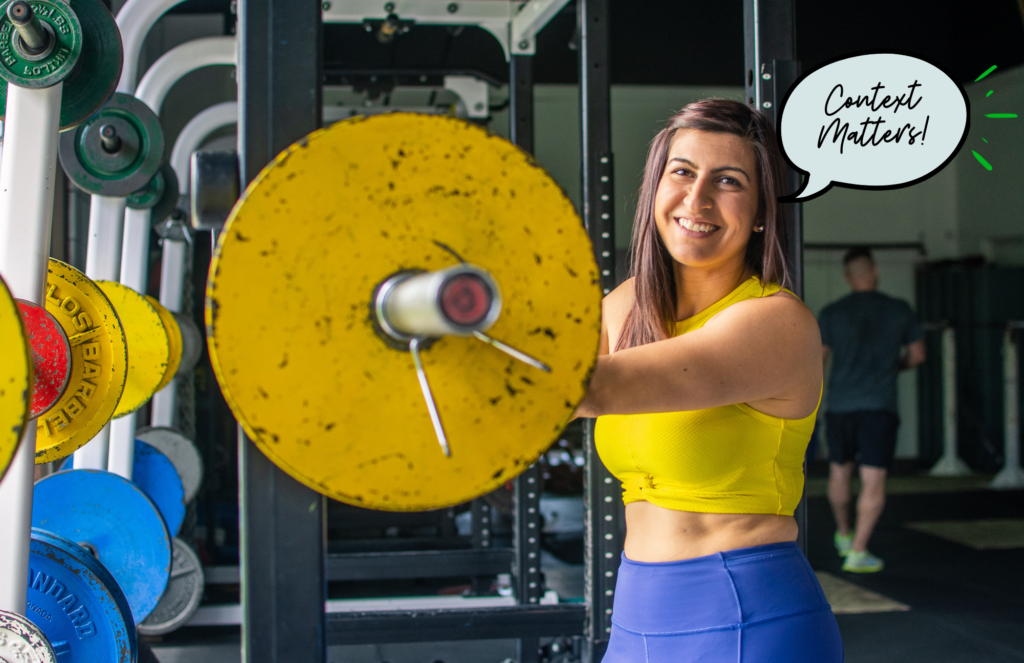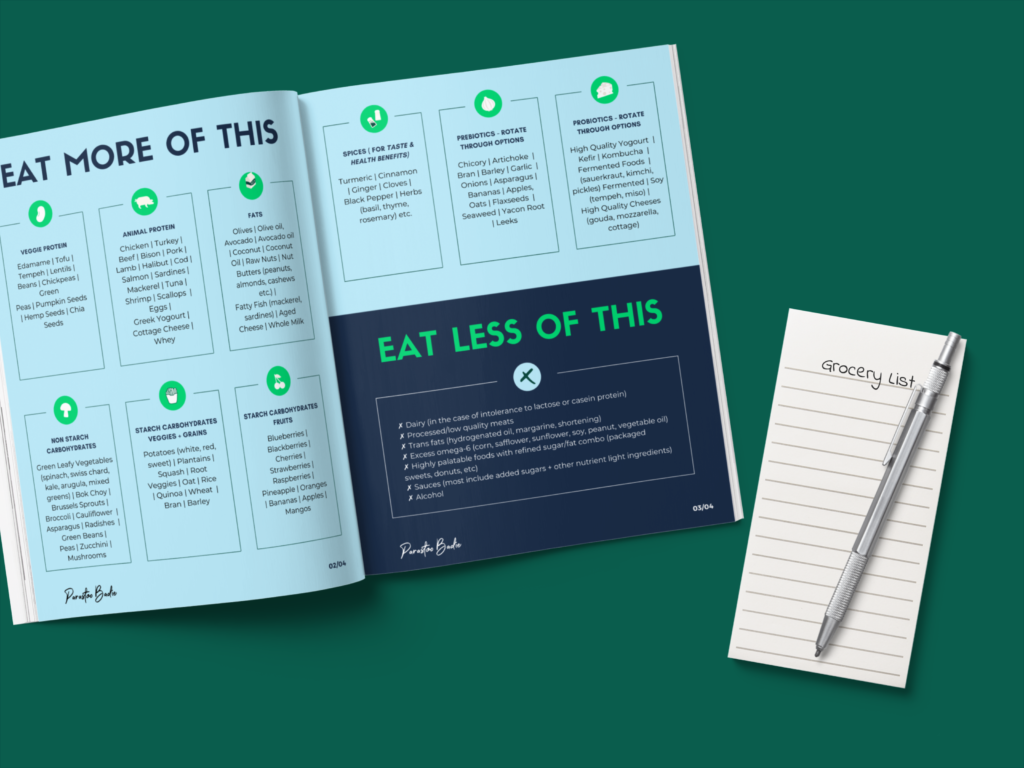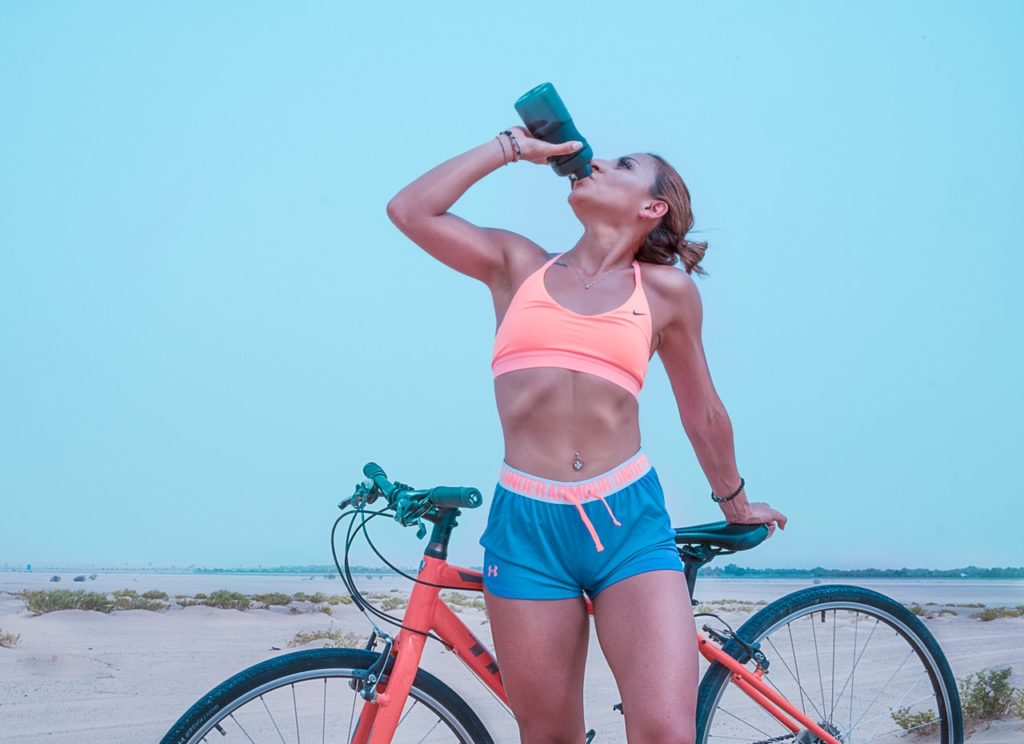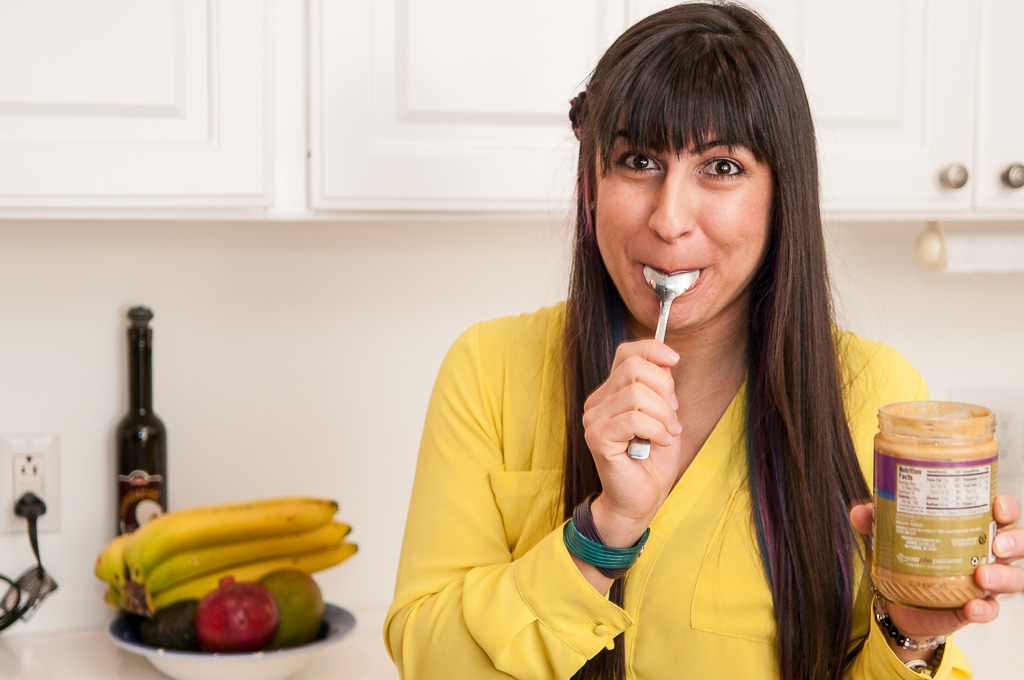Knowledge is
Power!
categories
Learn about how to get stronger, upgrade your mindset and cultivate a healthier relationship with food. I’m a Nutrition and Fitness Coach who advocates for strength, empowerment and education. Think of me as your personal sidekick. We're just two people with the same vision: a healthier, stronger, happier…YOU!
Learn about how to get stronger, upgrade your mindset and cultivate a healthier relationship with food. Let's work together towards a healthier, stronger, happier YOU!
Eat like a Pro – 5 Nutrition Tips for Athletes
What’s healthy eating? How do you eat for sport?
I’ll start with the annoying coach answer: ‘it depends.’ It depends on a lot of factors from food behaviour, habits, goals, starting point, culture, and more. I’ve never been a fan of perfect polished clickbait lists when reality is a giant web of so many possibilities. I don’t want it if it’s not empowering me or you.
In my experience, most athletes aren’t eating enough to support energy requirements to keep up with high-performance demands and support recovery.
If you’re an athlete (or striving to become one) and have been asking yourself:
- What is “healthy” eating?
- What is the best diet?
- What variables influence nutrition?
- What does eating for performance look like?
You’re in the right place, I’ve got you!
In this post I’ll share my 5 top nutrition tips for athletes. This is knowledge I’ve gained in my 10+ years experience as an athlete myself, registered holistic nutritionist, and exercise nutrition coach.
Of course, nutrition for athletes is a lengthy topic that I’ll be covering extensively in the near future so make sure to subscribe to get notified next time I post if you get value from this post.
Tip 01 – Don’t Mindlessly Follow Someone Else’s Diet Plan
Like I said above, when it comes to nutrition, everything depends on your particular context. Don’t fall into the common trap of following an influencer’s or author’s advice to the letter. It’s human to want a quick fix but as a society, we have literally enabled fad diets and misinformation and continue to pass it on without realizing we’re perpetuating the problem.
As athletes, we should then change our perspective to empower ourselves. So instead of just following some plan someone gave you or you read somewhere, first ask yourself: Do I know why I’m making these choices? What better decision can I make for me and my starting point? This is about my relationship with food, my body, my sport, my choice.
If working with a coach, have I asked questions and been honest about my needs?
Introspections such as these put the control back into your hands and strengthen the relationship you have with your body and the food you eat.

Tip 02 – Opt for Whole Foods
You’ll never hear me say the words ‘junk food’ or ‘cheat meal’ because – you guessed it: it depends on context! Food is neither good or bad and having a healthy empowered relationship with food is critical for an athlete. In continuation from the previous tip, there are obviously food options which are more nutritious and better for long term mental and physical health.
So, choose simplicity and eat a variety of high-quality, whole foods (fresh or frozen). Cook using flavourful spices and combinations, enjoy your food, and eat with the purpose of obtaining nutrients for energy and for recovery to kick ass at your sport.
There is a place for donuts but choose whole foods as often as possible. I promise you’ll notice a difference in the way you feel and perform.

Tip 03 – Eat Enough Protein & Carbs
Did you know that carbohydrates are one of the most important nutrients needed in an athlete’s diet?
Carbs provide the main source of energy to our brains and bodies and improve athletic performance. Carbs are easier to include in a diet though from fruits, vegetables, and grains.
In my experience, what’s been more challenging for my athletes is getting enough protein. Protein is necessary for satiating, building muscle, and improving recovery. Before buying that costo sized protein powder, start with whole foods and include a protein source at every meal.
Download your complimentary grocery list for some protein and carb options!

Tip 04 – Stay Hydrated
As athletes, it’s normal to sweat. Be sure to supplement your intense exercise with enough fluids to keep your body hydrated throughout the day. During a particularly intense training session or game, drink fluids with electrolytes such as sports drinks or make your own by adding a splash of maple syrup, sea salt, and lemon juice to a bottle of water. These drinks may help prevent dehydration and restore important minerals lost through perspiration.
Keep in mind that even the smallest amount of dehydration can impact cognitive function, decision making, as well as recovery and fatigue. So don’t wait until you’re really thirsty and make staying hydrated a habit.

Tip 05 – Make a Plan, Build a Solid Foundation
Whether or not you’re an athlete, building and maintaining a sustainable lifestyle is the intention. While it’s easy to focus on what you eat or drink right before or after training sessions, this approach offers a very limited view of your nutrition as a whole.
Athletes achieve peak performance by consistently maintaining a healthy balanced diet. The key word here, CONSISTENT, cannot be understated – A well-planned, nutritious diet should provide a solid foundation for any athlete’s vitamin and mineral needs, and provide enough macronutrients to promote muscle growth and repair, day in and day out.
Although some supplements may be beneficial for athletes, I left them off of this list on purpose. First, focus on the basics, build a solid foundation you can sustain, and master the habits. Your attitude and approach around nutrition is far more important than the latest diet fad or buzzworthy supplementation.

Key Takeaways
Training and nutrition go hand in hand, so focus on what you put in your body before you turn up the fierce.
A well balanced diet that offers plenty of whole food options and is rich in protein, fat, and carbohydrates is the strong foundation that every athlete should aim to build in their lives. When it comes down to it, an athlete needs both: performance nutrition and a sustainable approach
If you’re looking for advice on how to get started building your own nutritional foundation for peak performance, you can schedule a chat with me here.
Thanks for reading! Until next time.
Stay Fierce,
Coach P2
CATEGORY
5/07/2021